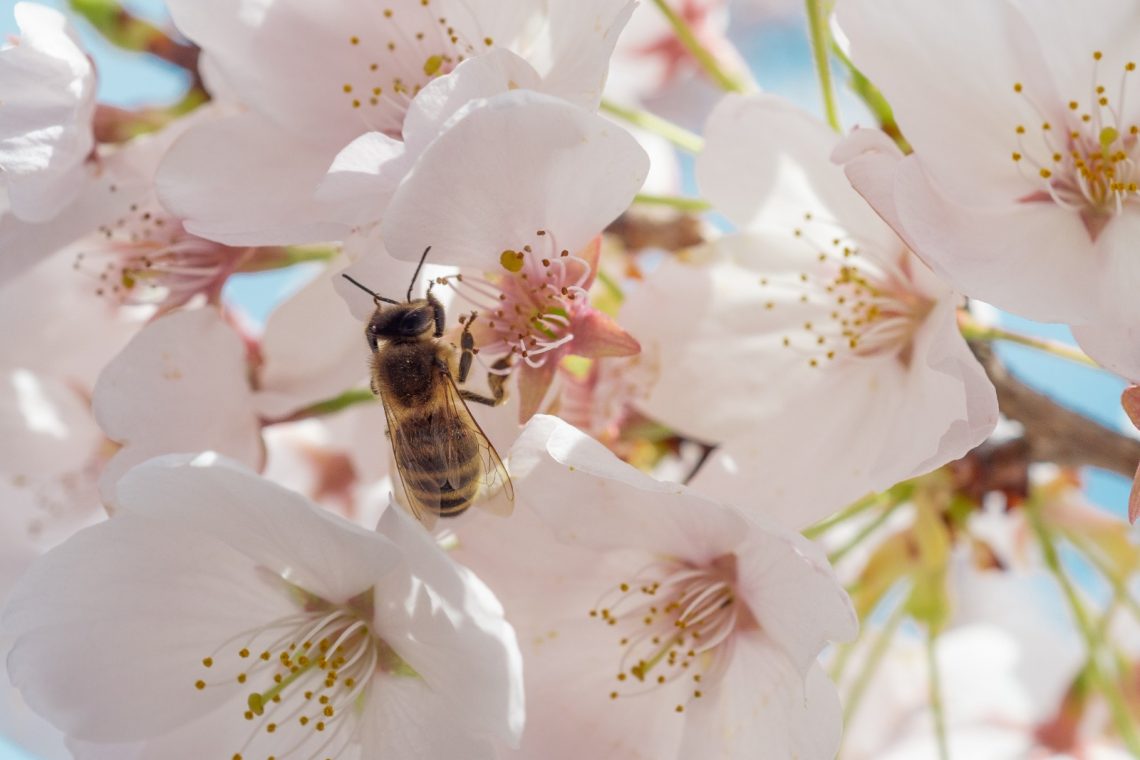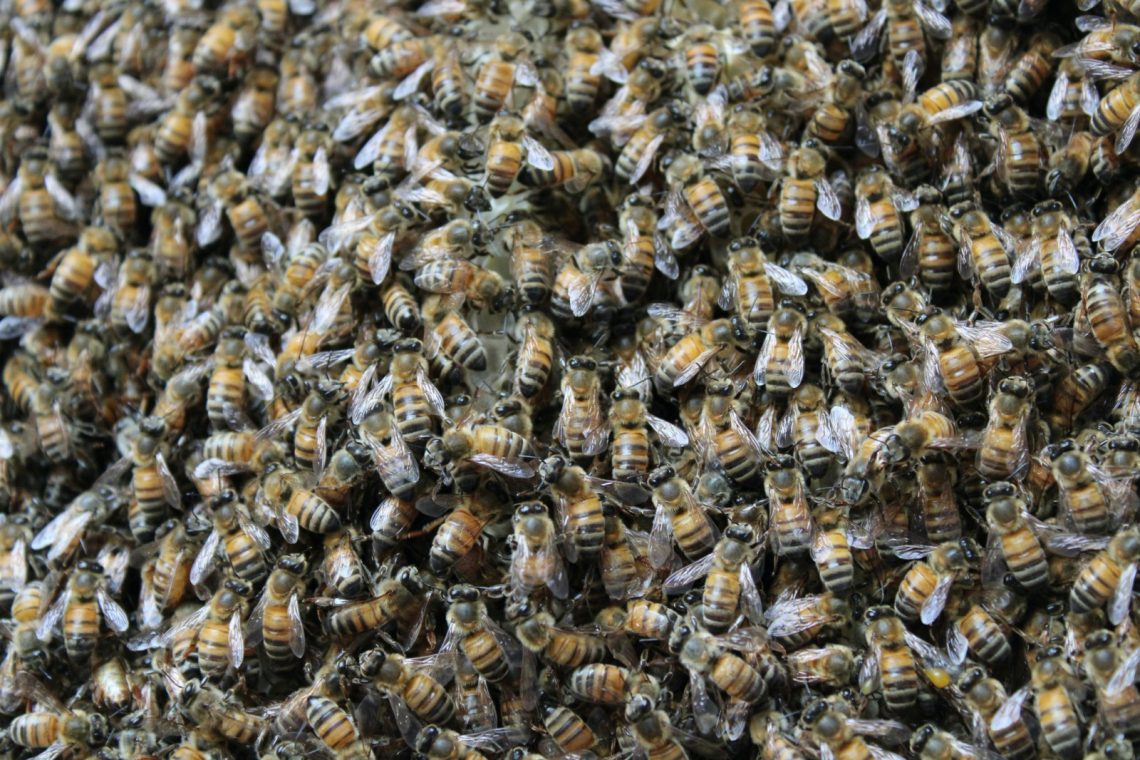Bees Can’t Fly at Night
Did you know that bees can’t really fly at night? A viral video coming from popular sites like Twitter, Reddit, and Facebook with over 11 million views have shown bees crashing down the second the lights are turned off in a laboratory.
Bee Experiment Explodes Online
The viral video is captured by postgraduate Hamish Symington, who is currently doing his PhD on pollination, flowers, and food security at Cambridge University. His main objective is to make flowers more attractive to bees, give more nectar, and increase pollen to help feed the world. In the video, he switches off the laboratory lights which makes the flying bees drop to the ground almost immediately. He states that he’s quite surprised that the bees drop like an on/off switch without trying to land safely or glide down. In retrospect, dropping down quickly can be thought of as dangerous for bees.
The video helps support the fact that most bees, like bumble bees and honey bees, can’t fly at night. Instead of being nocturnal, bees are diurnal which means that bees only fly during the day. All their main activities like flying, retrieving pollen, constructing outside the beehive, and swarming are done during the day. Bees can crawl during the night, however the limited mobility affects how fast they can do tasks.
Here’s another video of bees falling out of the sky when the lights go out. I’m surprised it’s an on/off choice for them – no graceful trying to glide to land or anything like that, they literally just stop flying and plummet. Surely that’s more dangerous than keeping flying? pic.twitter.com/TotxihLywQ
— Hamish Symington (@HamishSymington) December 3, 2021
Not All Bees are the Same
Bees can’t see like humans do. In fact, bees can’t technically see at all! Instead, bees use the sun’s polarized light rays to guide themselves. Bee’s eyes are compound-shaped with thousands of lenses. Above their compound eyes, they have three simple eyes that help detect light and movement.
However, there are certain bee species who can see at night. Some bees are crepuscular. They usually travel during dusk, night, and early morning. These special bees can fly during the night with little light. Other bees are completely nocturnal, like the Sweat Bee (Lasioglossum Texana). These unique bees can fly during the full and half moons. Then there’s other types of bees that do not need light at all to fly. Going by the name of Halictidae, these forager bees have evolutioned to fly during the night without needing light. These rare bees have way different eyes than bees that fly during the day. The forager bees have been able to neurologically trick their eyes to strengthen the signal that each photon sends to their little brains. These bees do this to gather nectar in the less competitive night and retrieve pollen from nocturnal flowers. These different bees go out to show how special bees really are.











